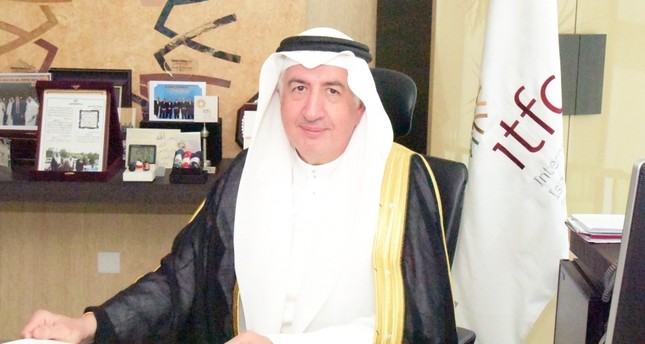As a tea farmer from Rize i say; Turkish tea is the best of the world for two reasons:
1. Turkish tea plant (as far as i know) is the only one in the world that
remain under snow during winter. The climate of other tea maker countries is too warm. I think it is something that makes Turkish tea leaves special/healthy.
2.The light traffic beside zero chemical fertilizer. In my village , for example , not more than 5-10 cars a day passes through its road which is actually only.

This means
no air pollution at all.
I should add that around 70 % of tea production is organic with no chemicals. The rest 30% still use fertilizers as other countries.
UK Lipton too has a tea factory in Rize . they buy tea leaves from farmers and sell it under their names after packi ng. But the tea Lipton buy/make is not organic.
This is "organic" tea.:


This means no air pollution at all.









